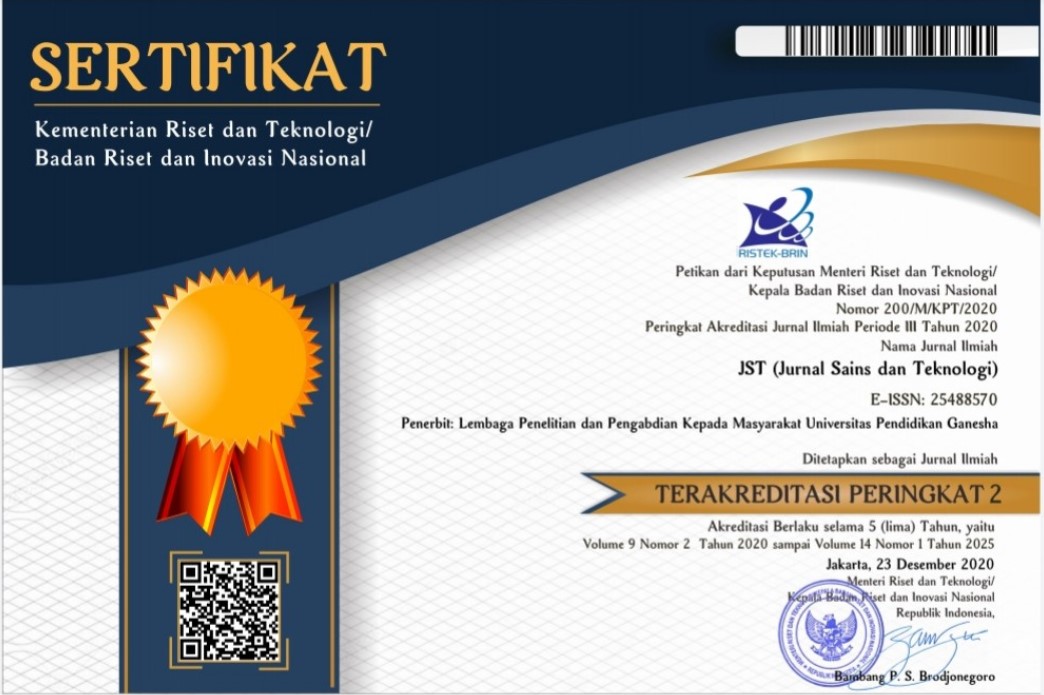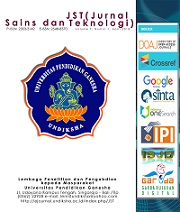Analysis of responses to the development of e-modules to improve students' critical thinking skills in reaction rate materials in the form of android applications
Keywords:
Critical thinking, E-modul, Reaction rateAbstract
Students' critical thinking skills in chemistry learning are generally still low, so interesting teaching materials are needed to improve students' critical thinking skills, one of which is the e-module. This study aims to determine the feasibility of the e-module and to determine the response of educators and students to the android application-based e-module in improving students' critical thinking skills on the material of reaction rate. The method used in this study is the research and development (R&D) method. The sample used was 15 students. The research instruments used were validation questionnaires for material experts and media experts, assessment questionnaires for educators and student response questionnaires. Data analysis techniques used are quantitative and qualitative. Based on the research results it is known that the product in the form of an e-module on the reaction rate material is suitable for use in learning. The results of the analysis of student responses also showed high student interest in the developed e-module.
Published
How to Cite
Issue
Section
License
Copyright (c) 2024 Aulia Sanova, Dwi Agus Kurniawan, Elza Triani, Sri Muslimatul Husna

This work is licensed under a Creative Commons Attribution-ShareAlike 4.0 International License.
Authors who publish with the Jurnal Sains dan Teknologi (JST) agree to the following terms:
- Authors retain copyright and grant the journal the right of first publication with the work simultaneously licensed under a Creative Commons Attribution License (CC BY-SA 4.0) that allows others to share the work with an acknowledgment of the work's authorship and initial publication in this journal.
- Authors are able to enter into separate, additional contractual arrangements for the non-exclusive distribution of the journal's published version of the work (e.g., post it to an institutional repository or publish it in a book), with an acknowledgment of its initial publication in this journal.
- Authors are permitted and encouraged to post their work online (e.g., in institutional repositories or on their website) prior to and during the submission process, as it can lead to productive exchanges, as well as earlier and greater citation of published work. (See The Effect of Open Access)















